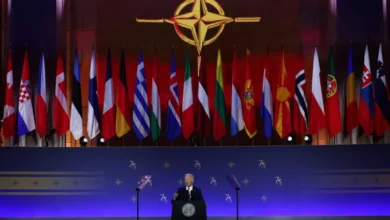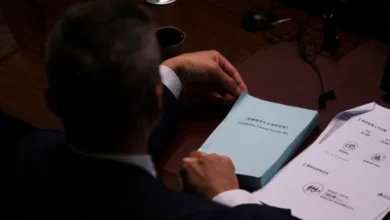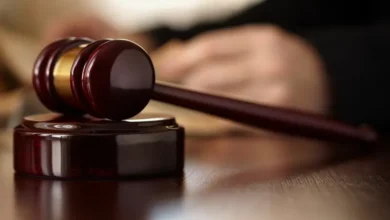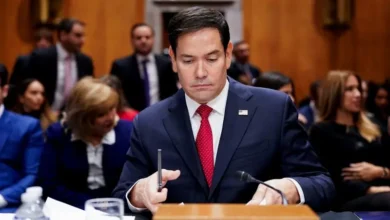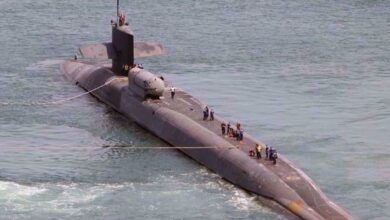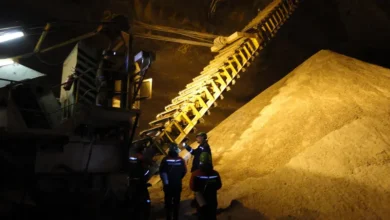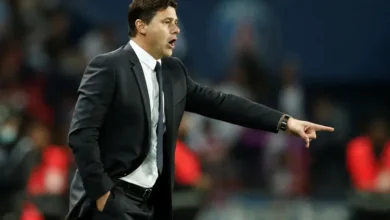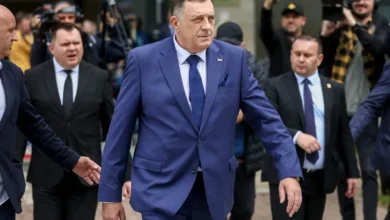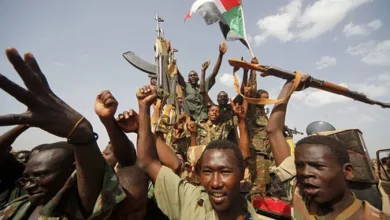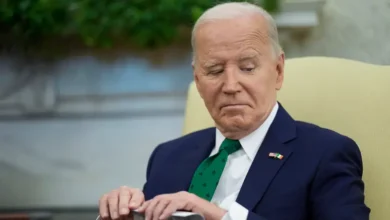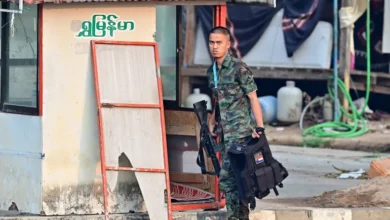UN mission visiting Honduras to combat corruption and poverty
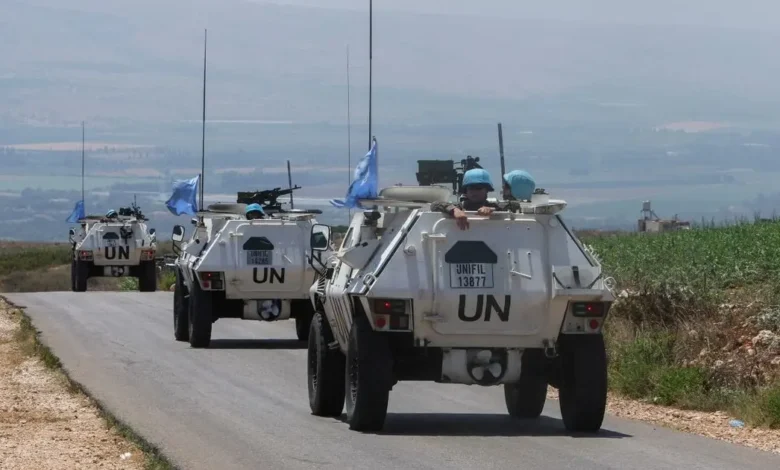
A UN mission of experts arrived in Honduras to examine the establishment of an international anti-corruption mission in the Central American nation, which is plagued by widespread corruption that exacerbates poverty and immigration, Honduran authorities announced Sunday.
Leftist President Xiomara Castro pledged during her campaign to install an anti-corruption commission known as the International Commission Against Corruption and Impunity in Honduras (CICIH). A year and a half after taking office, civil society groups have grown frustrated with delays in the process as the government and the United Nations have not yet reached an agreement on the scope of a potential commission.
Castro’s government signed a letter of intent with the UN in December to promote the installation of the mission in Honduras, where US diplomats say $3 billion is lost annually and local authorities say 74 percent of the population lives in poverty.
“We are going to start negotiating with the UN mission the conditions for the installation of the international anti-corruption body,” Honduran Foreign Minister Eduardo Enrique Reina told local media on Sunday, adding that the government “aspires for it to enjoy autonomy to prosecute corruption.”
The length of the mission’s stay in Honduras to meet with various sectors was not specified.
The UN previously called for the repeal or reform of a series of laws that hinder the Public Ministry’s ability to investigate and prosecute officials and legislators for the misuse of public funds and money laundering. The independence of the CICIH to investigate crimes has also been a key sticking point to negotiations.
The CICIH would be the second anti-corruption commission to operate in Honduras. In 2016, the Mission to Support Against Corruption and Impunity in Honduras (MACCIH) was installed with the backing of the Organization of American States (OAS) and the Obama administration.
The MACCIH exposed the corruption of officials, legislators and politicians, many linked to former President Juan Orlando Hernandez, who was extradited to the United States on drug trafficking charges after leaving power in early 2022.
The mission left Honduras in 2020 after the OAS failed to reach an agreement with the Hernandez government to extend its stay.
